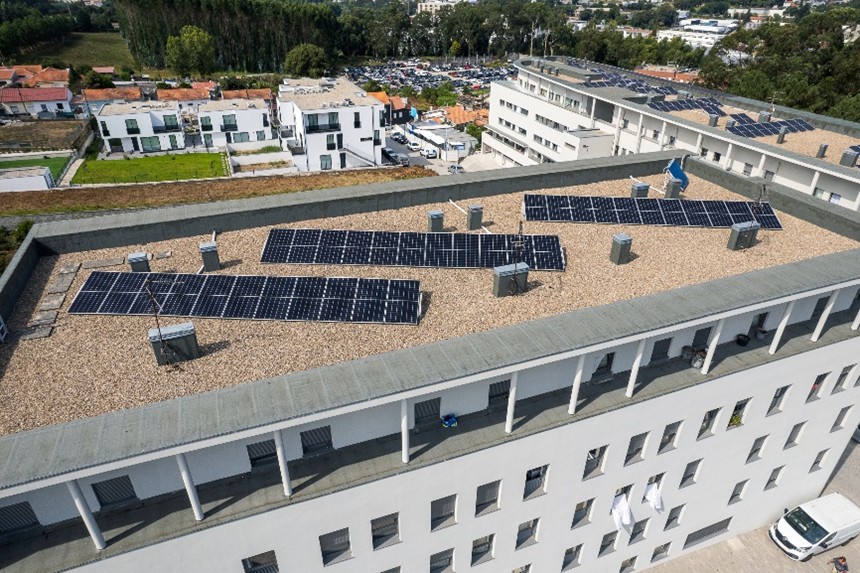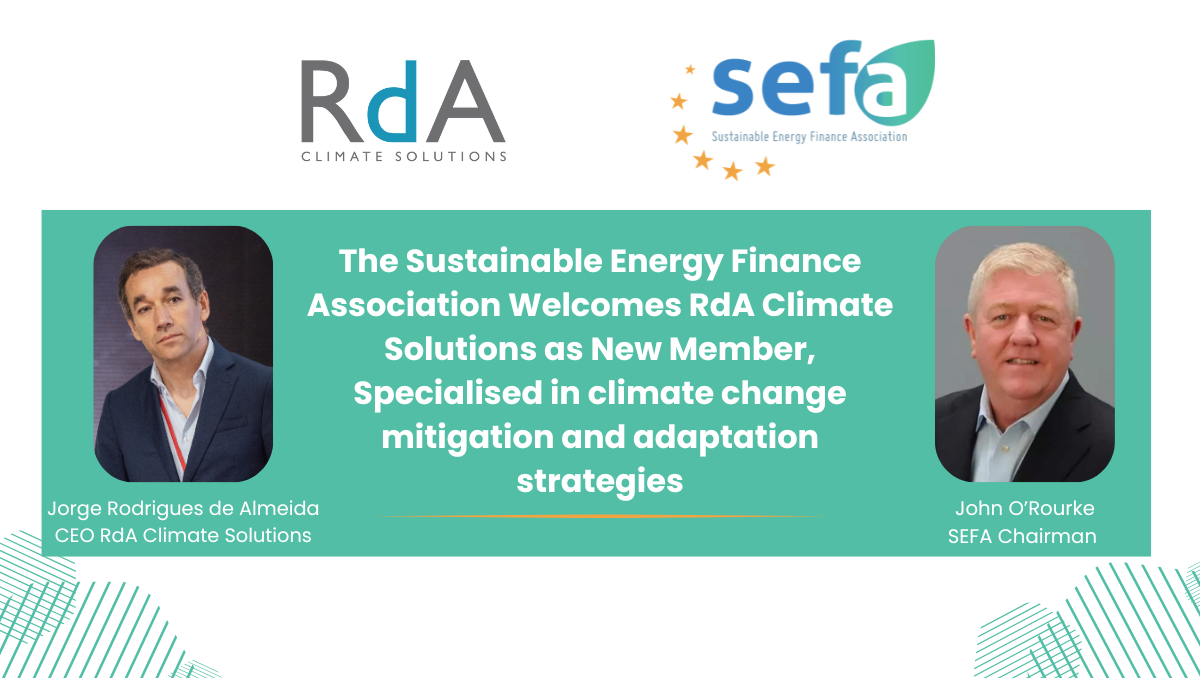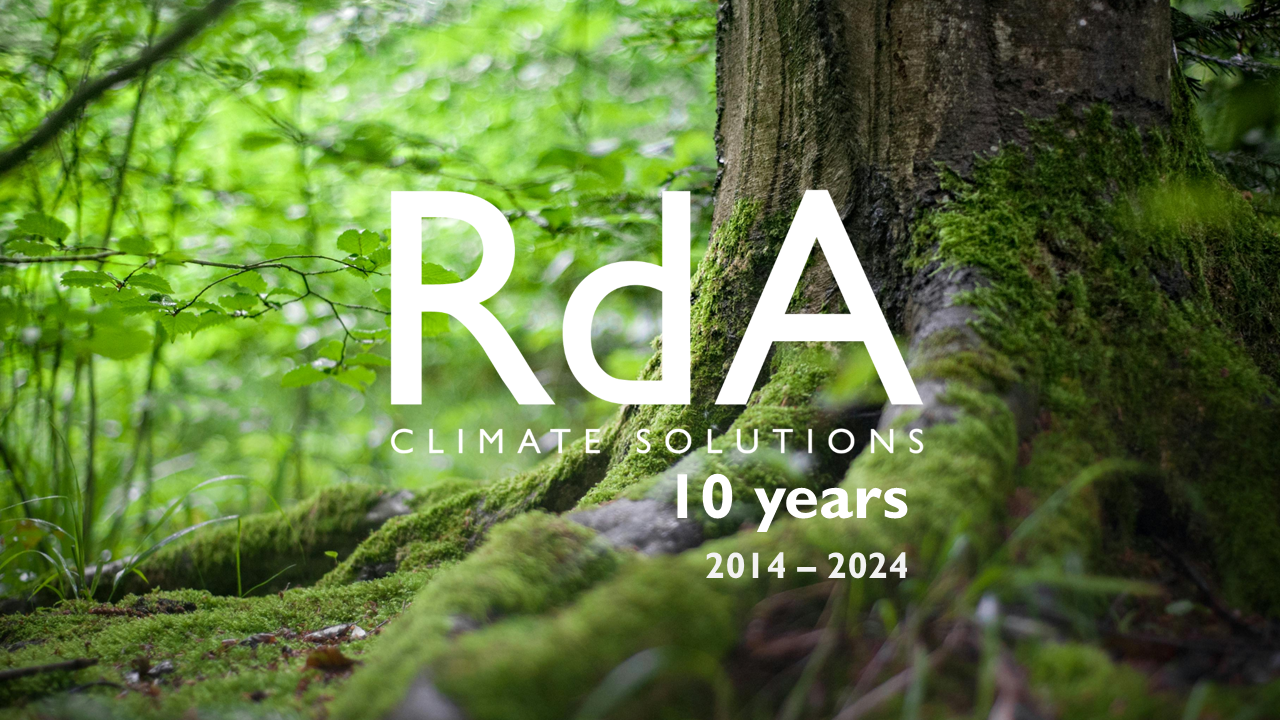Porto Energy Hub Supports the Transformation of Over 24 Thousand Homes
Porto Energy Hub supports the transformation of over 24 thousand homes in Northern Portugal, reduces CO2 emissions by 3.6 thousand tons, and leverages €28.4 million in energy efficiency projects.

This European project, which involved RdA Climate Solutions, was born to mitigate energy poverty and improve the quality of life of communities by promoting energy efficiency and renewable energy production. Through personalized solutions and comprehensive support, the project achieved results that transformed thousands of families' thermal comfort and living conditions.
With a direct impact on over 24 thousand homes, the Porto Energy Hub (PEH) project supported the reduction of CO2 emissions by 3.6 thousand tons and invested €28.4 million in energy efficiency and renewable energy initiatives in the Northern Region of Portugal. Launched in June 2021 under the European Commission's Horizon 2020 program, PEH supported a total of 240 projects, of which 75 are already in advanced stages, with completed works, signed contracts, or launched tenders.
These projects resulted in an annual energy saving of 22,270 MWh, while renewable production reaches 830 MWh per year, directly benefiting around 2,400 housing units. In total, more than 24 thousand homes benefited from these actions, ranging from the installation of heating systems to improvements in energy efficiency.
Impact on the community and the improvement of quality of life
This innovative European project, developed to mitigate energy poverty and promote energy efficiency and renewable energy production, was not limited to technical interventions but also functioned as an integration model.
Provided through a single integrated services window, PEH covered the areas of Energy Efficiency in Buildings, Renewable Energy, and Self-Consumption, operating throughout the Northern Region of Portugal. This approach facilitated the implementation of solutions such as thermal insulation, window improvements, and the replacement of lighting with LEDs, having a positive impact on the thermal comfort and quality of life of local communities.
To ensure the effectiveness of the interventions, a monitoring system for representative homes was implemented, assessing energy consumption, temperature, humidity, and air quality. This system will remain in operation for another year after the completion of the works, ensuring that the benefits are sustainable in the long term.
For Filipe Araújo, Chairman of the Board of AdEPorto, the coordinating entity of the project, “the Porto Energy Hub has demonstrated that it is possible to transform the ambition of the energy transition into concrete results, improving energy efficiency and the quality of life of thousands of families in the Northern Region. With this project, we created an innovative model that will now be expanded nationally, reinforcing our commitment to decarbonization and a fairer, more inclusive energy transition.”
With the completion of the Porto Energy Hub, the Powering Energy Hub now emerges, a European project funded under the LIFE program that aims to replicate the integrated (technical, legal, and financial) model at the national level, covering territories across the mainland.
The Powering Energy Hub goes beyond residential interventions, now including commerce, services, public buildings, and infrastructure. To leverage €26.3 million in investments, translating into a saving of 58.5 GWh/year of primary energy, the project also aims to increase energy literacy and contribute to a fair and democratic transition, promoting the decarbonization of human activities.
The Powering Energy Hub consortium consists of three partners: RdA Climate Solutions, TELLES Advogados (Lawyers), and RNAE – Association of Energy and Environment Agencies, with coordination ensured by AdEPorto.
To find out how you can get support for your project, contact us!
Read also:

REGENERA: A hub for co-creating resilient healthy and innovative territories
REGENERA is the new RdA Climate Solutions hub dedicated to transforming territories through innovative and regenerative solutions.

RdA Climate Solutions joins European network for sustainable energy finance
RdA Climate Solutions is the first and only Portuguese organisation to join the Sustainable Energy Finance Association (SEFA), a European network dedicated to promoting innovative financial solutions for the energy and climate transition.?

10 years working to combat climate change
RdA Climate Solutions was created ten years ago with the aim of supporting different organizations to minimize their impact and face the challenges caused by climate change, as we believe that the most adverse effects can still be minimized, however, global and immediate action is needed to limit greenhouse gas emissions and adapt organizations and territories to the changes that are already observable.
